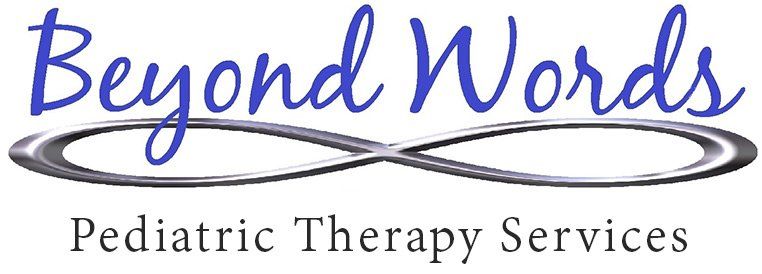Articulation Speech Therapy
A Synopsis of Articulation
This area relates to "speech sound," which is an umbrella term to any combination of deficits related to speech perception, motor production, and / or speech intelligibility. Articulation disorders impact the ability to be understood in conversation, get needs and wants met and eventually can lead to reading issues.
Areas Addressed in Articulation Therapy
Articulation Delay or Disorder:
This involves the inability to produce specific sounds (or phonemes) correctly in order to be understood in any conversational tasks.
Phonological Processing Delay or Disorder:
This area of difficulty is addressed when children show consistent errors in speech that are not related to a specific sound. Their intelligibility is compromised because they are unable to produce words correctly in order to be understood in conversational tasks. An example: the child always omits the end of a word, which is called Final Consonant Deletion. i.e. the target word is "boat" and they say "bo."
Phonological Awareness Delay or Disorder:
The explicit understanding of a word’s sound structure. This area is specifically related to reading development and involves multi-level skills. Reading difficulties are known to carry over into writing difficulties.
Apraxia (Childhood Apraxia of Speech): This is a motor speech disorder that makes it difficult, sometimes impossible, to speak. The inability to speak has nothing to do with muscle weakness or paralysis, but instead, it strictly comes from the brain and the brain’s inability to plan specific body movements needed for speech.
Many children are able to speak with CAS. However, upon being requested to speak, you may see a breakdown in the ability to continue speaking. The child knows what they want to say, but their brain is having difficulty coordinating the muscle movements necessary for them to say those words. Their speech tends to be very broken and laborious, even though fatigue is not an issue. Specific treatment techniques are used to focus on the acquisition of simple sounds and building to sentences. There are cases where the child may rely on a form of AAC for communication purposes, either temporarily or permanently.

Share On: